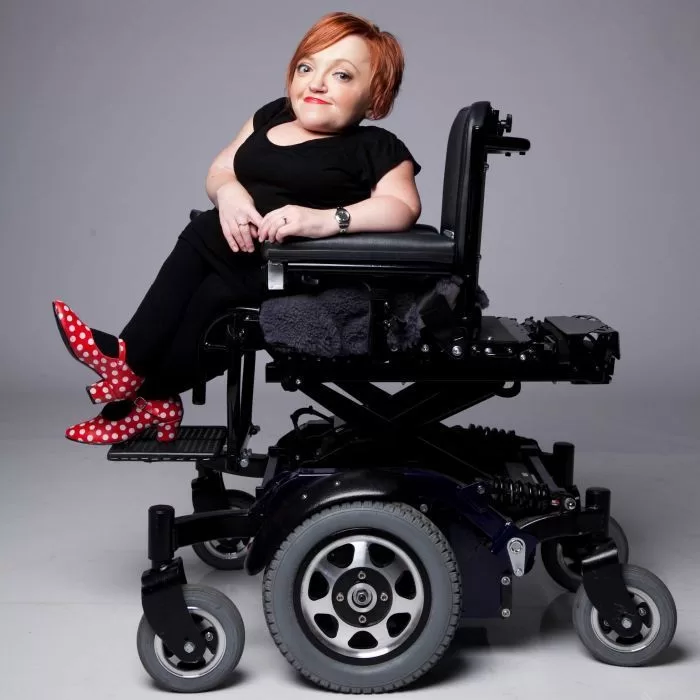Updated on December 11, 2024

Complex Needs
Complex needs are a combination of health, social, or educational challenges that require tailored, multidisciplinary support.
People with complex needs may face multiple conditions or disabilities that often require a coordinated approach to care. One major characteristic of complex needs is how the various challenges interact.
For example, a person with a physical disability may also experience anxiety, making it difficult to manage their daily tasks.
On the other hand, a person with a mental health condition may struggle with physical activities due to a lack of motivation.
This interconnectedness highlights the need for a holistic approach to support, addressing all aspects of a person’s situation.
Common Examples of Complex Needs
- Physical Disabilities: Conditions that limit mobility or bodily function, often requiring assistance with daily activities. These may include spinal cord injuries, amputations, or severe arthritis.
- Intellectual Disabilities: Cognitive impairments, such as those caused by conditions like autism spectrum disorder (ASD), Down syndrome, or brain injuries, often combine with other disabilities, creating layered needs.
- Mental Health Conditions: Severe mental health issues such as schizophrenia, bipolar disorder, or PTSD can complicate the management of other disabilities, requiring coordinated psychological and physical health services.
- Chronic Health Conditions: Diseases like diabetes, epilepsy, or cardiovascular conditions often coexist with other disabilities, necessitating constant medical management and monitoring.
These conditions are often interconnected, leading to compounded challenges for people. For instance, someone with both autism and epilepsy may require both behavioural support and medical supervision, needing specialists from multiple fields working together.
Why Tailored Support for People with Complex Needs Are Important
Effective care for complex patients involves more than addressing each condition in isolation. It consists of recognising the interdependencies between various needs and customising a support plan for these intersections.
People with complex needs often require services from multiple providers, including medical professionals, social workers, counsellors, therapists, and community support networks. Coordinating services ensures that all aspects of the person’s life are supported, including their health, social inclusion, and educational needs.
People with complex needs mostly face barriers to independence, as their condition requires constant care and supervision. However, with tailored support, individuals can be empowered to take more control over their lives.
For example, personal care plans that include therapy, social activities, and educational support can help individuals gain skills that bring greater independence.
Occupational therapy, for instance, may help someone with a physical disability learn adaptive techniques for daily tasks. By focusing on strengths and preferences, tailored support helps individuals achieve personal goals, improving their autonomy and dignity.
Challenges in Addressing Complex Needs
- Service Fragmentation: Because complex needs require care from multiple service providers, coordination can become difficult. Services may need to be integrated, leading to gaps in care or efficient resource use.
- Limited Resources: The cost and availability of specialised services may limit access. For example, specialised therapies or medical equipment may only be available in some regions, leading to long waiting lists.
- Communication Barriers: Effective care for individuals with complex needs relies on clear communication between service providers, family members, and the person. However, language barriers, lack of coordination, or differing priorities can create misunderstandings that affect the quality of care.
- Emotional and Psychological Stress: Caregivers and families often bear the emotional burden of managing complex needs. Stress, burnout, and exhaustion are common issues requiring emotional and psychological support for caregivers and individuals.
- Misdiagnosis: A lack of understanding can lead to misdiagnosis, inappropriate interventions, or even stigmatisation. For example, a person with autism and an intellectual disability may be misunderstood in social settings or educational environments, leading to inappropriate responses or interventions. Training and education for healthcare providers, social workers, and the general public are important for understanding complex needs.
With increased awareness of the challenges people face with complex needs, we can reduce stigma and ensure that people receive the appropriate care and respect they deserve.
How Centre Disability Support Can Help
At Centre Disability Support, we specialise in providing personalised care for individuals with complex needs. Our team of skilled professionals is committed to supporting clients through their unique challenges, including:
- Coordinated Care Plans: We work with families and healthcare providers to develop tailored plans that address a person’s needs, from healthcare to daily activities.
- Therapy and Support Services: We provide therapy services, including occupational therapy, speech therapy, and mental health support, to help individuals manage their conditions and improve their quality of life.
- Community Integration: Social inclusion is key to enhancing well-being. We help individuals engage with their community, promoting social activities, education, and employment opportunities.
- Family and Caregiver Support: We recognise the important role of caregivers in managing complex needs. Our services extend to supporting families, providing guidance, respite care, and emotional support.
We are committed to providing this level of care. If you or a loved one are living with complex needs, we invite you to explore our services and contact us for more information on how we can help.
MORE FROM CENTRE DISABILITY SUPPORT
How to Support Someone with Intellectual Disability
How to Support Someone with ADHD
How to Support Someone with Schizophrenia
What is Active Support in Disability?



